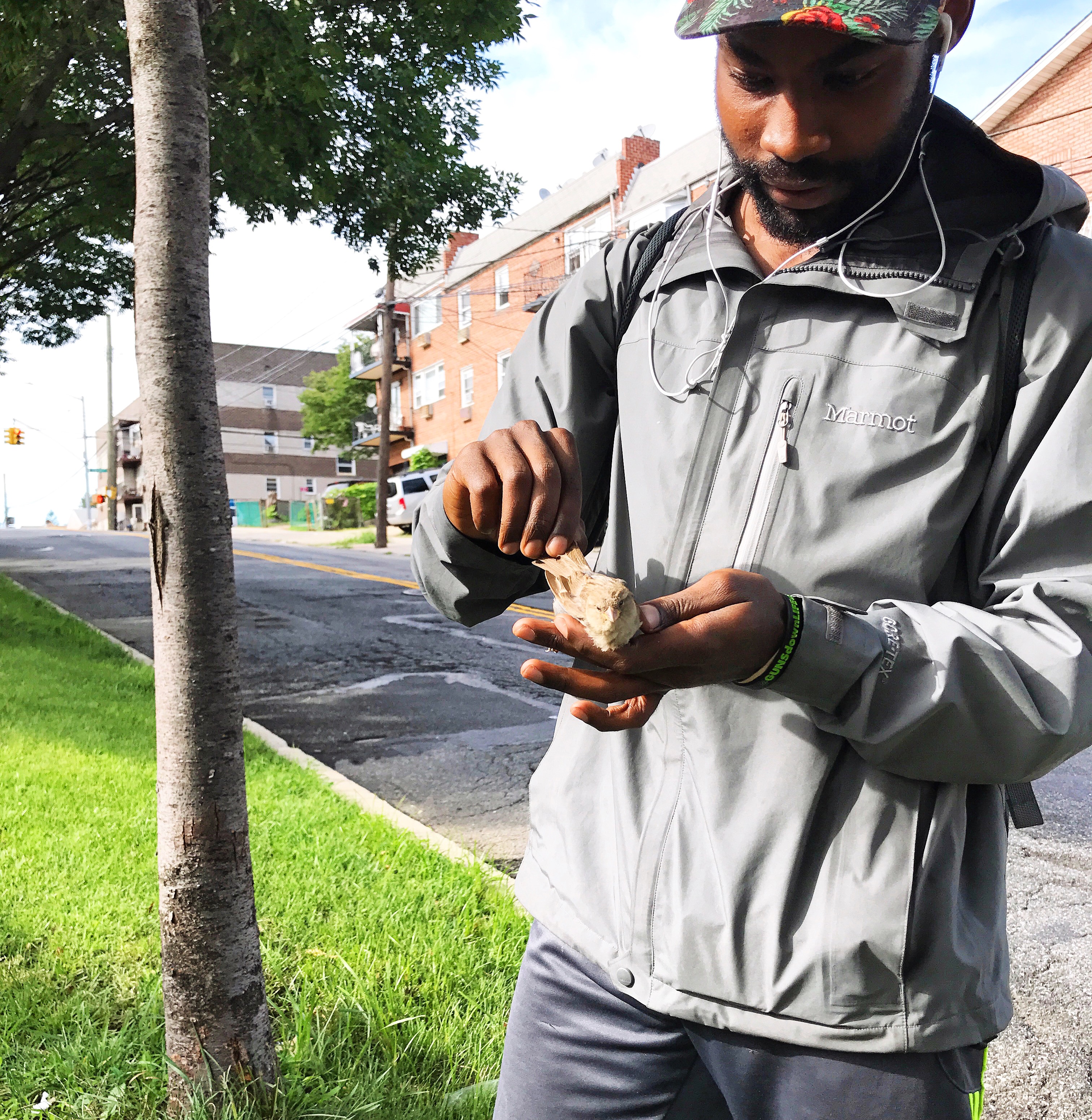A revolutionary book on mindfulness that could be applied to every aspect of life.

Mindfulness by Ellen J. Langer book summary.
About the author: Dr. Langer is a professor of psychology at Harvard University. Author of eleven books and over two hundred research articles, written for general and academic readers on mindfulness for over 35 years.
She founded The Langer Mindfulness Institute. She has received the Guggenheim Fellowship, with three Distinguished Scientist Awards: The World Congress Award, the NYU Alumni Achievement Award, and the Staats Award for Unifying Psychology.
In this book, Dr. Langer highlights the crucial roles mindfulness plays in fields, such as innovation, productivity, creativity, learning, social justice, health, happiness, and aging.
Here’s Mindfulness by Dr. Ellen J. Langer.
Enjoy.
The Placebo effect.
Dr. Langer gathered a group of elderly patients in a nursing home-like environment, surrounded by décors, clothing, foods, and popular music from their youthful years.
She then asked them to use their imagination to chat, dance — pretend they were in their younger bodies, and act accordingly.
In the following weeks, the physical exam showed an increase in muscle strength, tighter skin, better eyesight, and even higher bone density.
So what had happened?
Well, according to Dr. Langer, the elderly patients were tapped into something called the placebo effect
She clarified: the stories we tell ourselves about who we are, go a long way to shape our reality. In other words, what we have learned to look for in a situation, determines mostly what we see.
The Mindlessness effect.
The mindlessness effect is being on autopilot. Explains Langer. It’s where rules and routines govern what you do rather than guide what you do.
So, If we’re mindlessly going through the motions — living on autopilot, then It’s less likely that we’ll want to improve the quality of our lives.
Dr. Langer noticed, when people are mindless, they’re trapped in a rigid perspective — uncaring how meaning changes unless there’s a subtle difference in the context. “We’re letting routine and rules govern what we do, explains Langer, instead of acting as a guide to what we do.”
This behavioral pattern, says Langer, tends to create a lack of awareness and exposure to validate new information.
And as Rosabeth Kanter put it, “Mindless habitual behavior is the enemy of innovation.”
That is to say, in a state of mindlessness: Innovation, creativity, and productivity rarely manifest.
“Whether people become mindless over time,” writes Langer, or on initial exposure to information, —they unwittingly lock themselves into a single understanding of information.”
As a result, we ignore information that runs counter, in order not to see things from different perspectives.
Process Before Outcome Effect
Langer point-out that, the reasons why most of us become mindless have to do with our early education.
She explains, that from kindergarten on, the focus of schooling is usually a goal rather than the process of achieving it.
“Generally,” says Langer, ‘teachers care further about having that child write the “correct letter A” rather than coaching the child to learn about meditation, for instance.
So, give your full undivided attention to the process of doing something over the outcome. As she stated, “A proper process orientation also means being aware that a process precedes every outcome.
The Mindfulness effect.
Mindfulness isn’t difficult. We need to remember to do it. — Sharon Salzberg
Mindfulness boosts our presence at the moment. It’s a practice that forces us to be here now, to absorb the moment. Instead of escaping it or trying to alter it — through thought or action.
According to Langer, there are three critical qualities of a mindful state:
- Creation of new categories.
- Openness to further information.
- Awareness of more than one perspective.
1) Creating New Categories
Dr. Langer reminds us that, “without psychotherapy or a crisis as motivation, the past is rarely re-classified.”
However, she noticed, a child’s profound re-creation,—can become the adult’s active recreation.“
She put it this way:
Just as mindlessness is the rigid assurance on old categories, mindfulness means the continual creation of new ones. — Ellen Langer
2) Welcoming New Information
Like category making, Langer explains, receiving new information is living creatures’ primary function.“
She writes, “Suppose the subconscious is exposed to patterns of stimulation that are perceived as repeated and unvarying. In that case, the sensory system will often shut down since it is not “receiving” anything new.” As a result, explained Langer, it can harm the human psyche.
On the other hand, if behaviors come from a mindful state of listening or watching, welcoming new information will likely be more effective.
3) More than one view
Openness — not only to new information but to different points of view. This is also an essential feature of mindfulness.—Ellen Langer
As spiritual teacher, and author Eckhart Tolle put it, “once you become mindfully aware of other views than your own, it sets you free as the observer.”
Because trying out different perspectives gives you options for responding to a situation.

Control over context: The Birdman of Alcatraz
The Birdman of Alcatraz was sentenced to life in prison with no hope of reprieve.
All the world was cut off from him.
One empty, grim day, followed the next as he stared at the flocks of birds flying outside his window.
One morning a crippled sparrow happened to trap in his cell.
He kept it, and nursed it back to health.
From then on, the bird was no longer just a bird, but a particular sparrow for him.
Other prisoners, guards, and visitors started giving him birds, and gradually, he learned more about them.
Soon he had a veritable aviary in his cell.
He became a distinguished authority on bird diseases, noticing more about these creatures and developing more and more expertise.
Everything he did was self-taught and original.
Instead of living a dull, stale existence in a cell for forty-odd years, the Birdman of Alcatraz realized boredom could be just another construct of the mind, no more specific than freedom.
The Effect of Mindful Aging
When you have a negative mindset about aging, says Langer, it often depreciates growth and flexibility. And not only that, she added: but the length of your life may be affected.
Langer explains, If we didn’t feel compelled to carry over these limiting mindsets, we might have a greater chance of replacing years of decline with years of growth and purpose.
So don’t feel compelled to carry over a negative mindset about aging…
“A change in attitude,” says Langer, can replace years of decline with years of growth and purpose.”
There’s even research that shows when older people are exposed to more optimistic images of their youthful days, they’re prone to be more alert and more active in old age than those who weren’t exposed to the same experiment.
Ellen then concludes, that when context forces people out of their ingrained, self-imposed limits, such as the “I am old” syndrome, it makes them incredibly more mindful and enthusiastic about approaching the world freshly, with a beginner’s mind, in a way that has an enormous positive effect.
Mindfulness and Intuition
Just as it is easier to grasp mindfulness by first describing its opposite, intuition, according to Langer, is most easily defined by comparing it to rational thought and logic.
Ellen describes an intuitive or mindful state as being touched by new melodies when new information emerges into awareness.
Johann Bach also spoke of the effortless flow of musical ideas.
When asked how he found his melodies, he replied, “The problem is not finding them; it’s–when getting up in the morning and getting out of bed–not stepping on them.”
By keeping a free mindset, will be more open to seeing clearly and deeply.
Distinctions and Analogies
According to Dr. Langer, students of the creative process have long distinguished between two kinds of thinking: analysis and synthesis.
To put these contrasting thoughts more simply: we can look at the world and ask how things differ (make distinctions)
Or how they are the same (make analogies)
The first approach results in creating new categories.
The second approach usually involves shifting contexts.
Thinking by analogy is equally vital to both mindfulness and creativity.
This ability to transcend context is the essence of mindfulness and central to creativity in any field.
The sooner you recognize the power of your thoughts, the sooner you can wield them and improve your quality of life.
Thank you for reading!
This summary is not intended to replace the original book; all quotes are credited to the author mentioned above and the publisher.
Here are a few similar posts you might also like:


